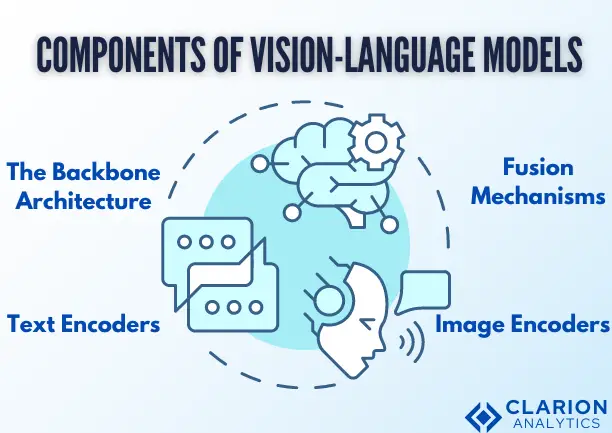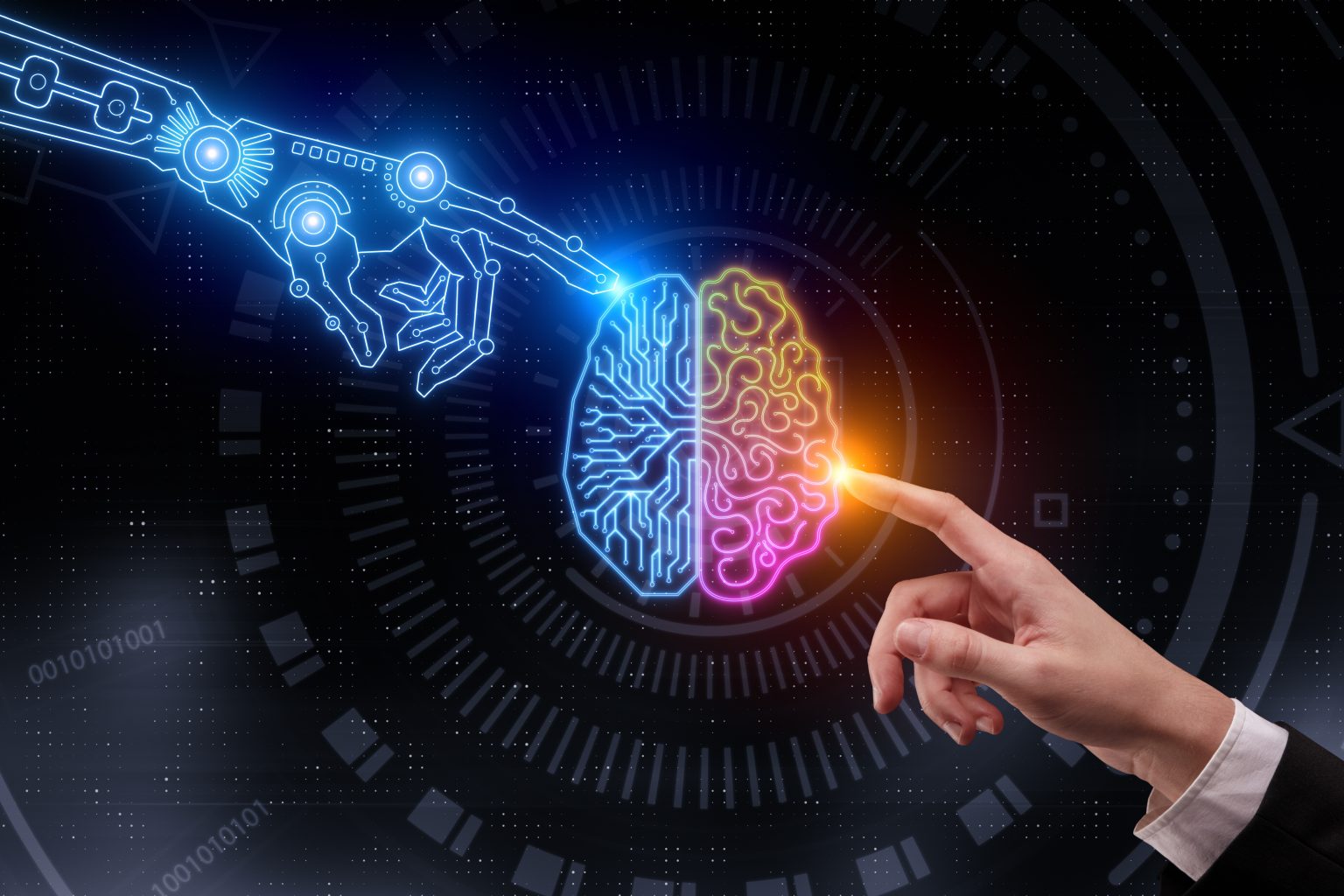Many would argue that we are on the brink of a technological golden age. It is an era fueled by innovation and marked by the emergence of promising trends, transforming how we live, work, and interact. In this cyber-age, technology isn't just a crucial catalyst for efficiency—it defines the very trajectory of our society.
Undeniably, modern technology, tools, and resources are revolutionizing traditional modes of operation. For instance, the profound advancements in Artificial Intelligence (AI) technology depict a contemporary example of this trajectory. Take the case of OpenAI's GPT-3, a third-generation, transformer-based language prediction model that uses machine learning to produce human-like text. Unlike its predecessors, GPT-3 understands the nuances and subtleties of human language more effectively, profoundly influencing businesses and consumers alike. It can write emails or articles, answer questions, translate languages, take notes, and even write programming code—all of which can bring enormous efficiency improvements in our professional and personal lives.
Another equally pivotal technological trend is the Internet of Things (IoT). Coupled with AI, IoT is refining our world with smart, interconnected devices. For example, a smart office equipped with IoT devices can adapt to the behavior of its users over time, adjusting heating, lighting, and even coffee brewing schedules to optimize functionality and, ultimately, productivity. Concurrently, the same paradigm is translating into our homes, adding convenience and improving lifestyle—all through technology.
Let's pause for a moment and consider the benefits of blockchain technology—the underlying tech that powers cryptocurrencies like Bitcoin. Besides digital currency, this technology is creating new paradigms of security, transparency, and efficiency in various sectors, including healthcare, finance, real estate, and supply chains. For example, by immutably recording and verifying transactions, pharmaceutical companies can use blockchain to trace drugs from production to sale, increasing trust, improving visibility and reinforcing the integrity of the supply chain.
Moreover, augmented reality (AR) and virtual reality (VR) are remarkable trends in technology. Imagine technicians using AR glasses to overlay information on a repair job, reducing errors, or students using VR to embark digitally on a historical trip—that's just the tip of the iceberg. The outcomes include significant cost savings, improved learning outcomes, and enhanced user experience.
Last but not least, 5G—the next-generation wireless technology, promises a tenfold increase in the data transmission speed of 4G. 5G will unarguably be a game-changer, enabling autonomous vehicles, industrial IoT, smart cities, and remote surgeries to become a reality.
In conclusion, we are in the middle of an intriguing era. The technological trends described above are not futuristic—they are here and evolving quickly. Whether we are ready to embrace them or not, they are shaping our society. However, as we augment the notion of efficiency and convenience through these innovations, it becomes crucial to navigate these technologies responsibly and ethically. Only then can we fully harness their potential and build a future that's not just efficient, but just and equitable as well.
Calendar
| « April 2025 » | ||||||
|---|---|---|---|---|---|---|
| Mon | Tue | Wed | Thu | Fri | Sat | Sun |
| 1 | 2 | 3 | 4 | 5 | 6 | |
| 7 | 8 | 9 | 10 | 11 | 12 | 13 |
| 14 | 15 | 16 | 17 | 18 | 19 | 20 |
| 21 | 22 | 23 | 24 | 25 | 26 | 27 |
| 28 | 29 | 30 | ||||




